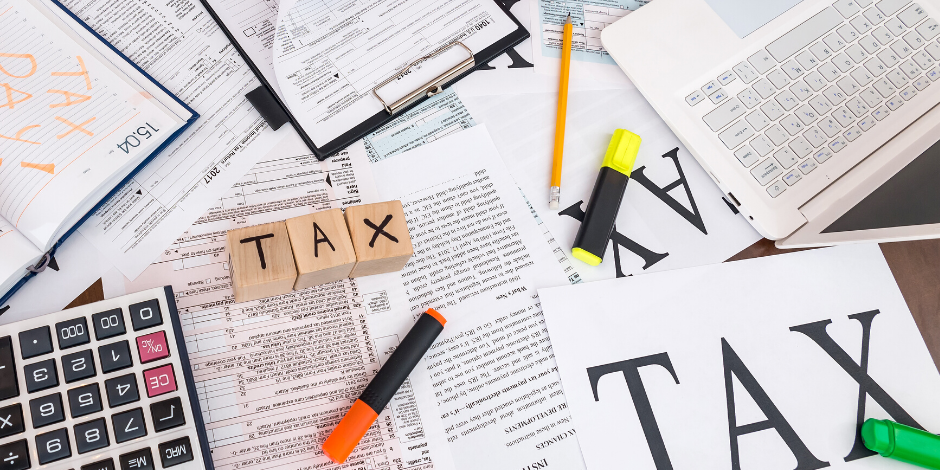Understanding State And Local Taxes

The federal government allows states to collect taxes in order to finance public and government services. Health benefits, law enforcement departments, public schools, and other institutions depend on these local and state taxes to keep serving the citizens.
There are different types of state and local taxes, such as property taxes, individual income taxes, sales taxes, vehicle license taxes, corporate income taxes, etc. In this post, you’ll learn how to file these tax returns for the income you earned in 2019.
How Can I File My Tax Returns?
You first need a Wage and Tax Statement (also known as a W-2 form) from your employer(s) where you worked during 2019. If you work as a freelance professional, you may receive a 1099 form from various payers to assist in preparing your return.
According to the IRS, the best way to file tax returns is doing it electronically (online). This also makes it easier to request direct deposit for your refund; people who file online, typically receive their refund within 3 weeks, as opposed to 6 weeks or more (for people who file via mail). At Phoenix Tax Consultants we offer both electronic and mailed tax return options for our clients.
Taxes should be estimated and paid throughout the year but amounts owed at tax time become payable on the 15th of April, 2020. If you have a complicated return and need to request for an extension, you should file this request by 15th April or face penalties and interest charges.
Different Types of Deductible State and Local Taxes
There are four kinds of non-business taxes that are deductible:
- State and local property taxes (for personal property)
- State and local real estate taxes
- State and local general sales taxes
- State, local, and foreign income taxes
In order to be considered “deductible”, you must have paid the tax (that was imposed on you) during the tax year. And you can only claim these taxes as an itemized deduction.
Note: You can only deduct up to $10,000 (if individuals) or $5,000 (if married, but filing separately).
State and Local Property Taxes
The personal property taxes will be based solely on the value of your properties, such your car, boat, a painting, a bike, etc. Even if this tax is collected more (or less) than once every year, it must be imposed on you on an annual basis.
There are some fees and taxes you are not allowed to deduct, including:
- Social security taxes
- Federal income taxes
- Stamp taxes (or transfer taxes) on property sale
- Estate taxes
- Any fees charged by the Homeowner’s Association
- Service charge on trash collection, sewer cleaning, water supply.
State and Local Real Estate Taxes
Most local and state governments charge an annual tax on the entire value of a real estate property. Known as real estate tax, it is deductible if is assessed uniformly at a like rate on all properties throughout the jurisdiction.
If you are paying a loved one’s property taxes for them because they are getting old or are really sick, and can’t afford to do it themselves – it is not deductible. After all, it was not imposed against you.
You have to be the property owner in order to claim the deduction.
State and Local General Sales Taxes & Income Taxes
You can either choose to deduct general sales taxes or state and local income taxes – you are not allowed to deduct both.
You can use the optional sales tax tables or your actual expenses if you decide to deduct the general sales taxes. Most people compare what they paid in state, local and foreign income tax to what they paid in sales tax, and then deduct the bigger amount out of the two.
Categories
Calculators Events Featured Julie's Blog Tax Blog Tax Tips Testimonial UncategorizedRecent Posts
Choosing Between Single MFJ or Head of Household Filing Status Should You Adjust Your W-4 to Withhold More or Less? Twelve Ways to Maximize Your 2025 Tax Return Paying Taxes on Cryptocurrency Gains How Tax Law Changes Impact Your Tax Planning





